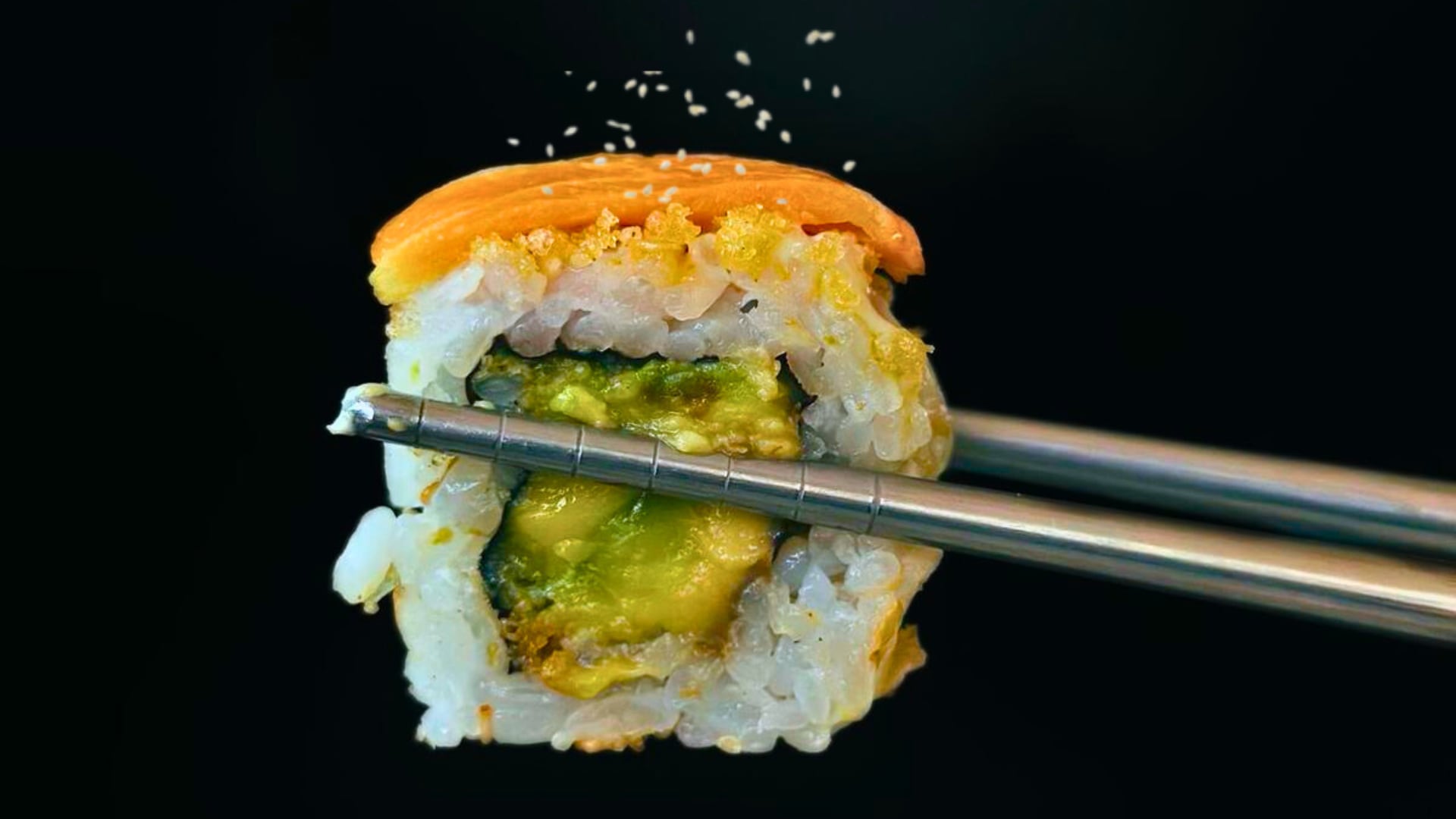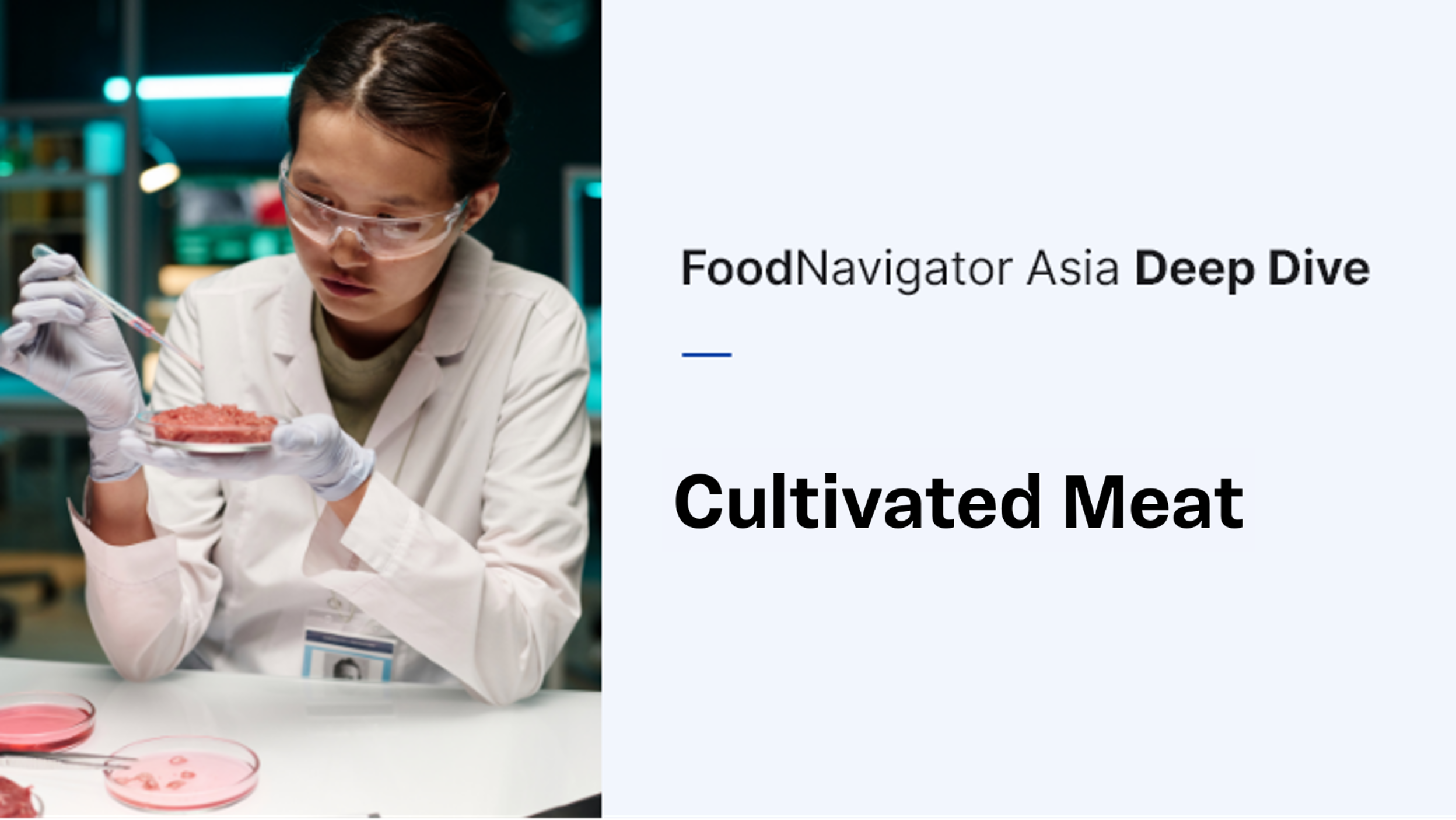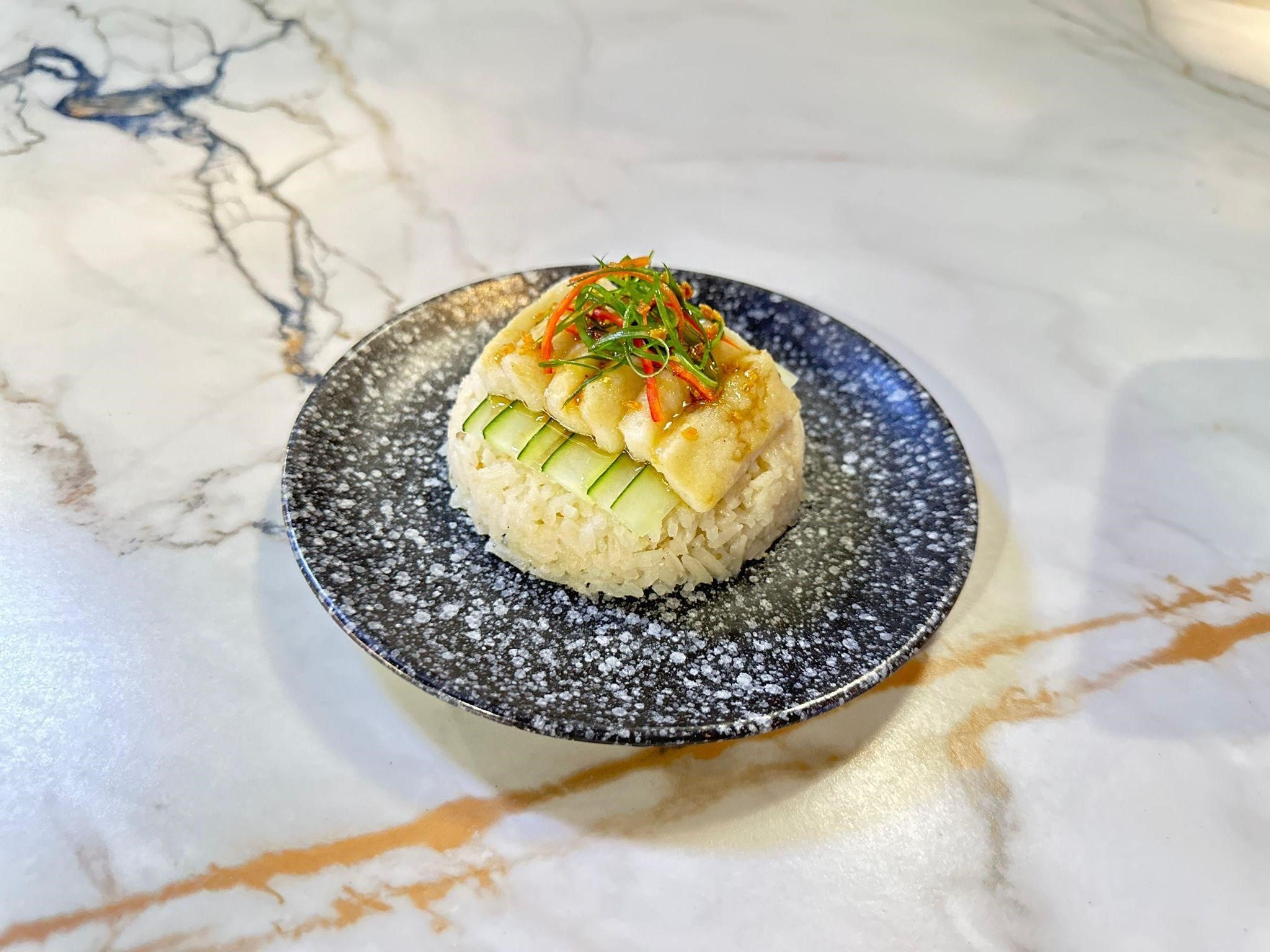Biokraft Foods launched the trout fillets in partnership with the Indian Council of Agricultural Research-Central Institute of Coldwater Fisheries Research (ICAR-CICFR) – an autonomous organisation under the Ministry of Agriculture and Farmers Welfare of the Government of India.
Founder and CEO Kamalnayan Tibrewal called the partnership “an exciting milestone” and a “breakthrough” in expanding the firm’s cultivated protein portfolio.
“The ultimate goal is to achieve a full commercial rollout of both its meat and seafood products by 2026,” announced the firm in a media statement in April.
Previously, the firm debuted its “competitively priced” 3D-printed chicken in December 2024. Leveraging its proprietary 3D bioprinting and bioink technology, Biokraft has developed native trout cell lines to produce whole-cut cultivated fillets.
Tibrewal aims to price cultivated trout below conventional options, without compromising on nutrition.
He adds that the firm’s collaboration with ICAR-CICFR supports aquatic biodiversity conservation and introduces a cleaner, cruelty-free seafood alternative – the next step in expanding the firm’s capabilities in sustainable food innovations.
Tibrewal said: “Our cultivated trout is structurally and nutritionally on par with conventional trout, with the added benefit of year-round production that is not reliant on animal farming, wild catch, or delicate ecosystems.
“This method eliminates concerns about antibiotic contamination and microplastic pollution. We are also working toward making it serum-free in the long run.
“While it is too early to discuss exact unit economics, we aim to price it lower than conventional trout, making it a more accessible and sustainable option.”
So far, the firm is optimistic about the potential of cultivated proteins emerging as a viable alternative to traditional sources, as both regulatory and consumer landscapes have shown positive developments.
Regulatory progress and consumer outlook
When asked about the current status of regulatory discussions with India’s food authority FSSAI, and whether there are any major roadblocks or encouraging signs, Tibrewal said:
“For our chicken meat product, we are in the process of filing for approval, with expectations for a positive outcome in the coming months.
“We are also gearing up for a series of tasting events next month, mainly centred around chicken, with trout still in the validation stage before it is ready for the public.”
The firm observes that Indian consumers are already showing interest in cultivated meat based on its survey findings.
Tibrewal cites an in-house survey conducted in India’s Tier 1 cities – where 75 respondents were between 18–35 years old – which found that 60% are open to trying cultivated meat, and 46% are willing to pay a premium.
“That is a promising signal toward a shift in food choices.
“However, we have also noticed that a significant portion of consumers are still unfamiliar with cultivated meat, so there is work to be done in terms of education and awareness.
“This survey is just the start, and we are committed to driving transparency and fostering conversations around cultivated meat. The more we educate and build trust, the stronger the foundation for this innovative food sector to thrive,” said Tibrewal.
Plans beyond India
As the firm’s 3D bioprinting platform is adaptable to other species, there are plans to explore cultivated versions of high-value or even endangered fish in the future.
It plans to open a dedicated R&D and pilot facility by the end of 2025, which will serve as an innovation hub. This will help the firm finetune its offerings ahead of a planned full commercial rollout in 2026.
Biokraft Foods is also looking to expand beyond India as it foresees increasing demand for seafood across the globe.
“International expansion is very much on our radar.
“While the domestic market remains important, we are setting our sights on international expansion, particularly in the APAC region, where we see significant commercial potential. We are also actively looking for partnerships, both B2B and B2C, as well as potential government collaborations to help drive our expansion efforts.”
Biokraft is currently focused on snow and rainbow trout due to their strong market value and premium positioning. Trout’s seasonal availability and high cost in India—driven by geographic and climate constraints—make it a strategic target for cultivated production.
Dr Amit Pande, principal scientist at ICAR-CICFR, said, “At ICAR-CICFR, our mandate has been to promote sustainable coldwater fisheries through advanced research and innovation.
“The collaborative development of India’s first cultivated trout product with Biokraft Foods exemplifies how academic institutions and emerging industry players can jointly contribute to the evolution of alternative protein sources.
“This initiative not only aligns with our vision of conserving aquatic biodiversity but also opens up new avenues for cell-based aquaculture research in India.”
Global fisheries and aquaculture production hit 223.2 million tonnes in 2022, a 4.4% rise from 2020, according to the 2024 SOFIA report.
In light of this growing demand, Biokraft sees an urgent need for sustainable alternatives and aims to lead through global partnerships and licensing of its 3D bioprinting platform.

Protein Opportunities will be a major topic at Growth Asia Summit 2025 – join us in Singapore to learn about market opportunities and glean insights from major industry experts. Find out more here.





